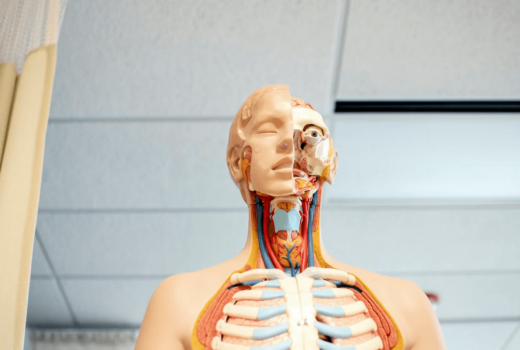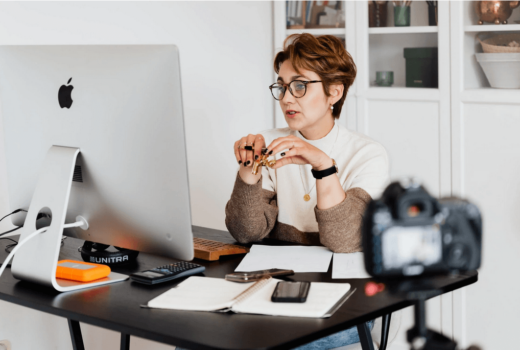Doorbaak in EU over copyright
Solving copyright issues in an online-environment is therefore crucial if we are to make the vision of a European Digital Library a reality”, zegt Eurocommissaris Viviane Reding over deze uitkomst.
In addition, the group will discuss how to ensure more open access to scientific research and how to improve public-private cooperation. The work of the High Level Group is part of the European Commission’s efforts to make Europe’s rich cultural and scientific heritage available online. For this purpose, the group advises the Commission on issues regarding digitisation, online accessibility and digital preservation of cultural material.
Viviane Reding, the EU’s Commissioner for Information Society and Media who founded the High Level Expert Group on Digital Libraries a year ago: “I will therefore look with great interest into the recommendations made by the High Level Group to see in which way the European Commission, the Member States and the relevant stakeholders could best follow them up. After the discussions so far, for me an approach based on wide-spread agreements between libraries and rightholders looks promising if they manage to make the user interests a priority.”
The report on copyright to be presented by the Digital Library Experts today is expected to point to voluntary agreements between libraries and rightholders that would facilitate work on digital preservation, orphan and out of print works. In the case of orphan works, for example, where rightholders cannot be identified or located, agreed solutions could support libraries, museums and archives to better exploit the benefits of information technology to carry out their preservation and dissemination mandates. In their response to the Commission’s online consultation in 2006, the British Library indicated that it spends a vast amount of time dealing with permissions, and in many instances does not even start the permissions process as the rightholders are either unidentifiable or too many to make the process effective.
The expert group also will open the debate on how best to promote and to make use of public-private cooperation and private sponsorship for the digitisation of Europe’s cultural heritage.
On scientific information, the Group has worked over the past months to bring closer together the views of traditional scientific publishers and those of the science world supportive of the open access movement. As a major body funding scientific research in Europe, the European Commission intends to take direct action to experiment publishing of scientific articles resulting from Community funded research in an open repository, after an embargo period still to be defined.
The International Federation of Reproduction Rights Organisations (IFRRO) welcomed the deal. “I am pleased with this break-through, in particular it is positive that the deal is based on a license model”, said Tarja Koskinen-Olsson, president of the IFRRO.
Meest Gelezen
Vrouwen houden universiteit draaiende, maar krijgen daarvoor geen waardering
Hbo-docent wil wel rolmodel zijn, maar niet eigen moreel kompas opdringen
Wederom intimidatie van journalisten door universiteit, nu in Delft
‘Waarom het nu niet lukt om medezeggenschap in hbo te versterken’
‘Sluijsmans et al. slaan de plank volledig mis’



